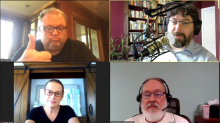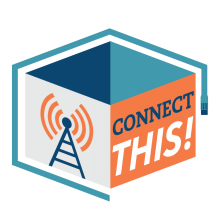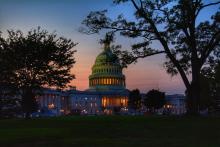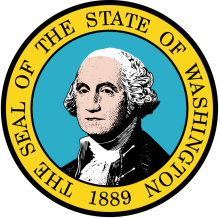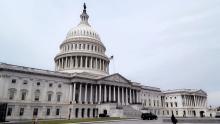Documentary Do Not Pass Go: The Battle for Broadband, Now Free to Watch
Newcomers to Cullen Hoback’s recent HBO blockbuster documentary on the QAnon conspiracy are in for a treat. Four years ago, the filmmaker released a documentary on broadband access in North Carolina, and how huge ISPs have employed lobbyists to ghostwrite state laws to protect their monopoly territory and extract community wealth at the expense of fast, affordable Internet access delivered via publicly owned and operated networks.
Free for the first time on Vimeo, Do Not Pass Go: The Battle for Broadband charts the consequences of this phenomenon - present in 17 states across the country - for one small town called Pinetops (pop. 1,300), situated 50 miles east of Raleigh.
Hoback’s film shows the consequences of North Carolina’s 2011 state law (HB 129). HB 129 has successfully stymied the formation and expansion of municipally owned broadband networks over the state for the last decade, leaving hundreds of thousands of families stuck living with just one option (and oftentimes a poor one) for their home Internet access.
This was exactly the reality for Pinetops, until the nearby town of Wilson’s municipal network, Greenlight, brought affordable and future-proof service to the town. That is, before the cable lobby pounced and forced Wilson to stop sell its assets and stop offering service in that community. While Greenlight continues to provide fast, affordable service where it is able, but residents in other North Carolina communities aren't so lucky.




